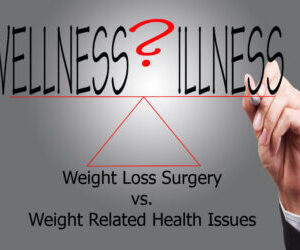You know the old weight loss axiom: If “calories in” is less than “calories out,” you’ll lose weight. Simple, right?
Maybe not.
While it’s likely true that you will lose weight if you simply eat fewer calories than you burn each day, it’s also true that not all foods are created equal–so what calories you eat might be as every bit as important as how many you eat.

A calorie is a measurement of energy. And while calories get a bad rap, being blamed for everything from obesity to people’s inability to reach their weight-loss goals, they’re not all bad. Calories produce energy, and your body needs energy to move, think and function properly.
So you have to eat calories, and you have to eat enough of them to make sure your body has all the energy it needs.
The problem is that some of the calories you’re consuming might actually be doing more harm than good–even if you’re only consuming relatively small amounts of them. Here’s why:
- Not all calories are metabolized (or burned) the same. Some calories can actually cause you to crave more calories. Which calories from which foods do this to you? Only you know for sure.
- Some calories can affect your hormones. That’s right, what you eat can actually change your mood. Every person is different, so figuring out which foods make you glum or giddy or calm is something people have to discover for themselves.
- Some calories are more likely to be stored as fat. Fructose, for example, is stored in your liver as glycogen, which is turned into fat, which is either stored in the liver or sent out to other parts of your body–neither of which is good for you. Foods that are high in fructose include cane sugar, corn syrup and artificial sweeteners.
- Some calories are more likely to be burned–or turned into muscle. Protein, for example, is a good kind of calorie.
So while it is true that you will lose weight if you consume fewer calories than you burn, what type of calories can also play a role in the process.





